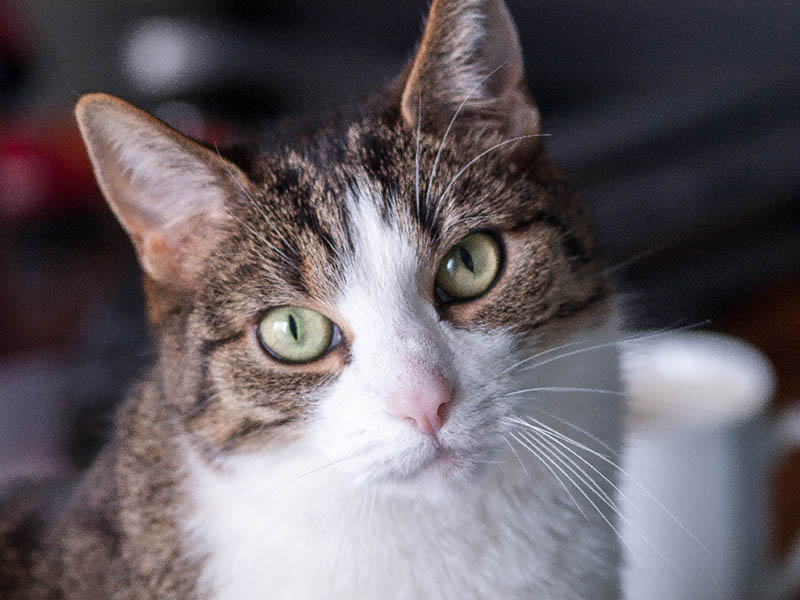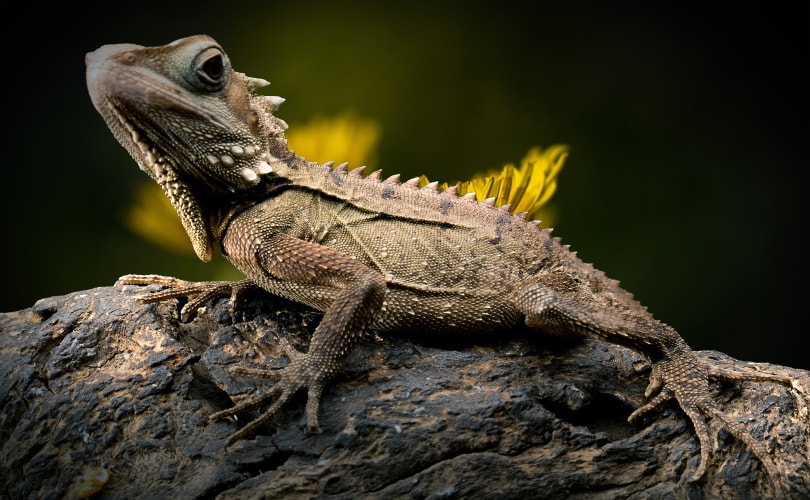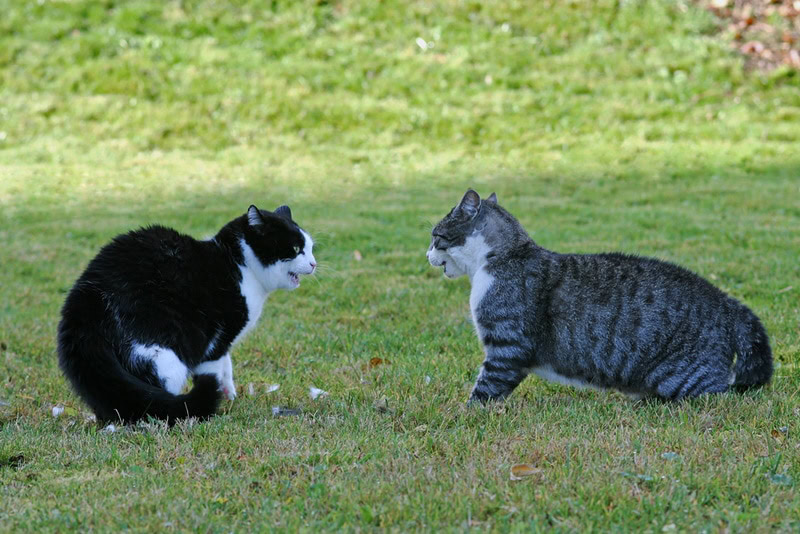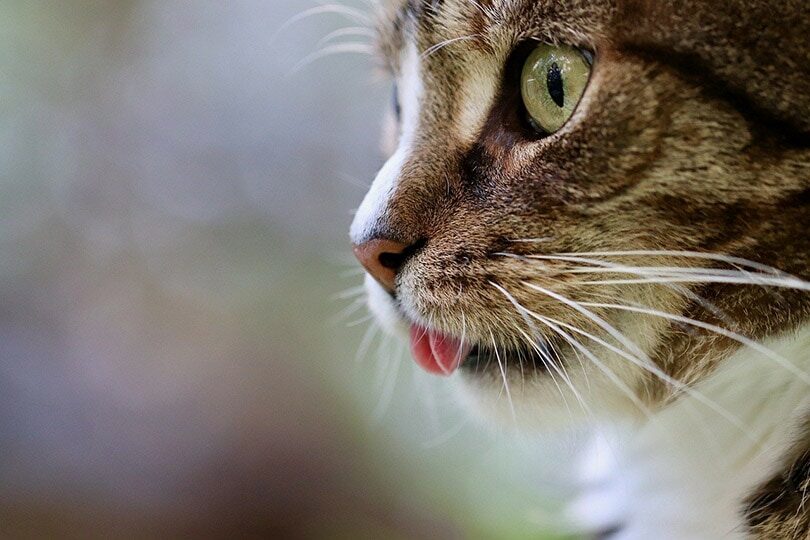VET APPROVED

The information is current and up-to-date in accordance with the latest veterinarian research.
Learn more »Click to Skip Ahead
Cats are interesting animals that tend to be independent yet loyal to their human companions. Each individual cat has their own unique personality, but there has always been a question as to whether breed plays a role in behavior. Can the breed of a cat dictate how they will behave in a household setting or in nature? There hasn’t been much research done about whether a cat’s breed determines behavior, but a bit of insight has become available thanks to researchers with interest in the topic. Here’s what to know.

Research From Finland Offers Insight
Although not much time or effort has been spent on deciphering whether a cat’s breed determines behavior, one team of researchers in Finland went to work to shed light on the subject. The research took place in 20191. 5,726 cats and their owners were surveyed and studied to find out just how much breed genetics dictate behavior. What the researchers found was that yes, breed does seem to influence behavior, at least to an extent.
For example, they found that Russian Blue cats were shyer than other breeds2 when dealing with strangers, whereas the Burmese cat breed was the least shy breed studied. The Bengal, Korat and Cornish Rex breeds were also found to be more active. The researchers acknowledge that there may be other reasons for the correlation between breed and behavior, but it’s most likely that the correlation is due to the fact that any cat that descends from a purebred comes from the same region and lifestyle, in which behavior can be genetically ingrained in them and inherited.

What Does This Research Mean for Cat Owners?
The truth is that this research is good to know about, but it won’t do much to change your life aside from helping you understand that a few of your cat’s behaviors may be linked to their genetics and there isn’t much that you can do about it. Recognizing this reality can help you keep things in perspective and ensure that you don’t get too bent out of shape if your cat doesn’t behave exactly as you’d like them to.
Daily interaction, playtime, and training can help minimize any behaviors that you are not fond of and reinforce the behaviors that you want to see more often. It’s not easy to determine whether a cat is behaving in a certain way due to their environment, lifestyle, past experience, or genetics. The more time that you spend with your kitty and bond with them, the better you will understand their behaviors and how to redirect or adapt to them as necessary.


Conclusion
It does seem that your cat’s breed may play a role in its behavior. However, this is just one factor among many. Everything that your kitty experiences and goes through in life will influence how they behave as they age.
See also:
Featured Image Credit: Jumpstory











